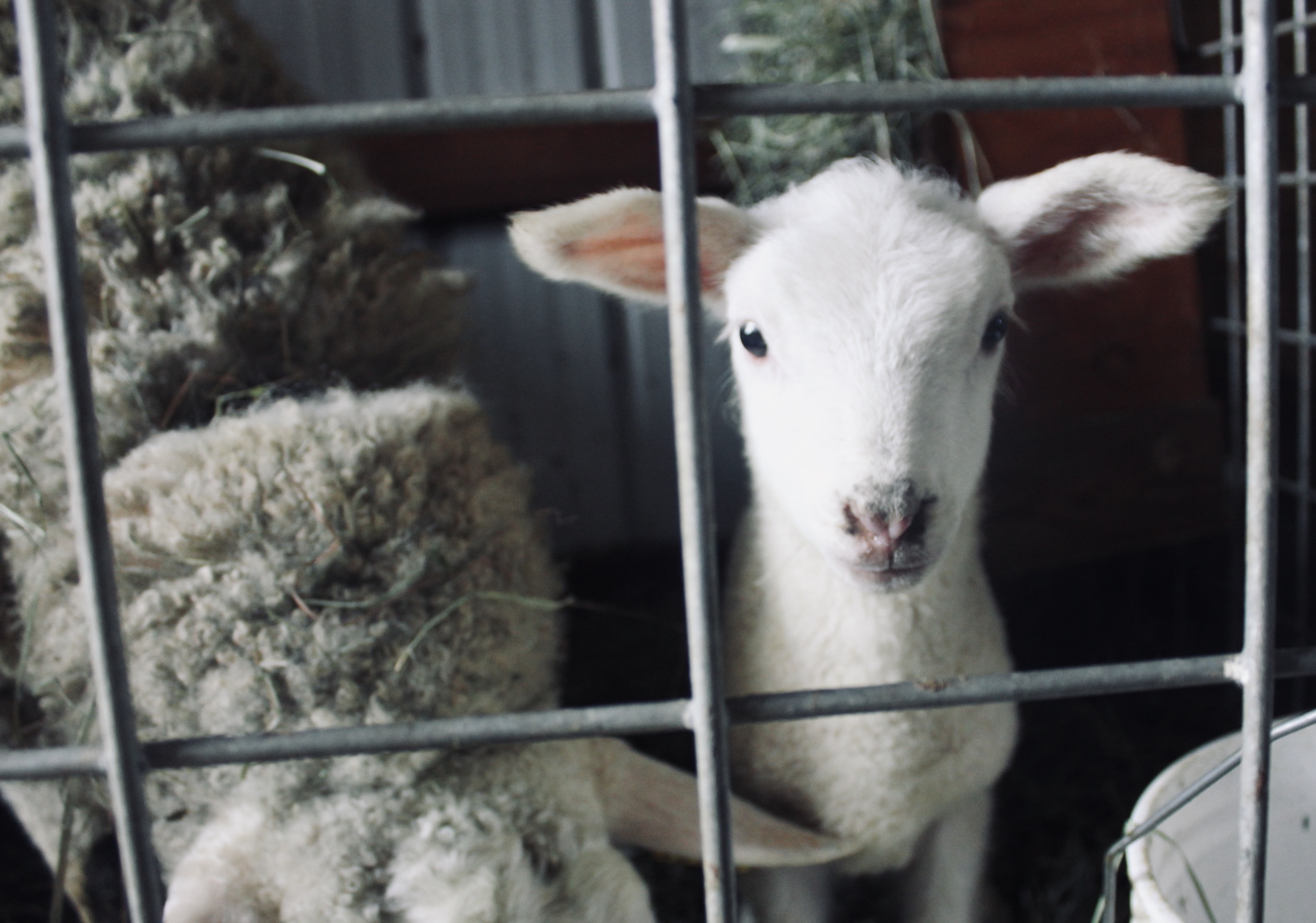The USDA 2017 Census of Agriculture data was released last week. You can read a synopsis from the Washington Post here or look at the original document here. As the WP writes, “This census comes out every five years and is the most accurate and detailed look at America’s vast, complicated and shrinking agricultural sector.” This information is a useful snapshot that illustrates how our national and regional food and farm policies are shaping both the land itself and the viability of farming as a profession.
The number of female farmers is up from the last census as is the number of sheep producers. Also, farms between 1 and 9.9 acres have increased 52%. My first reaction to this information is–I am not crazy! My second reaction to all of this information is that change takes time, especially good, enduring change.
I was talking with a friend recently about hydroponics. He asked me what I thought about it as a food production method. I am not against hydroponic systems, necessarily, however I have concerns about whether or not these systems should be able to be certified organic. Many of these operations use a lot of plastic and operate in soilless mediums dependent on outside inputs, generally in facilities made with impervious surfaces. While they can produce a lot of food, is this really where we want our food to come from? What are we losing (nutrition-wise and socially) with this type of technology? You can read more about the debate here. Next week the National Organic Standards Board will be meeting in Seattle and I believe this will be an important area of discussion.
In the middle of our conversation I had to pause. We are a very small farm, comparatively. When I start to think about the scale of food production possible (check out this photo essay on Big Ag in the NTY from 2016) I start to get a little self-conscious. Are we too small? Does the food we create even matter in the big picture of things? My friend noticed my concern. He said, “I think we just need a lot more people like you.” I smiled, somewhat awkwardly, half-believing this was possible.

Later that day I thought about our conversation, and the wave of doubt that comes over me when I step back and look at our food system as a whole. Our farm takes such hard work. I believe that is why there are so many good technologies out there–they have been developed because farming is difficult and, in many cases, very well-meaning people have tried to make it easier. Our current agricultural knowledge-base, in both the private and public sector, has made food supplies more secure and resilient than ever in human history (distribution and equality is another story, for another time). Yet, America’s agriculture sector is “shrinking.” Farms are failing financially. Our broader ecosystems are suffering (if not dying). We need to figure out what is not working and come up with long-term solutions that work for farmers, rural, and urban communities. We need many small farm experiments like ours that might lead us all in a way of truly regenerative, moral, and ecological agriculture.
With an important election next year and a huge pool of candidates, I hope that agriculture finally becomes front and center as the main issue of our time. Its inherently linked to so many other important news-worthy topics, such as immigration, climate change, and health care, and I believe that agriculture has to be a bipartisan issue. Our Farm Bill, the major form of legislation around food, farming, and conservation in our country, should be at the front of everyone’s mind. Here is a good synopsis of the 2018 Farm Bill if you want to learn more. Farmers shouldn’t be the only people interested in the Farm Bill. Know Thy Farmer, Know Thy Farmer Census Data, Know Thy Farm Bill!! We should all be aware of how our national and state farm policy influences the size and scales of our farms, the types of crops grown, and the ways in which new farmers gain access to resources to start new operations.
This round of ag census data makes me feel hopeful. The National Organic Program makes me feel hopeful–passion and dedication over decades has brought this to fruition. It may not be perfect, but it does work. In the current Farm Bill funding for organic research was solidified. Politically, I hope that our country can come together around the topic of food and forge a new way, of eating and growing, forward.
